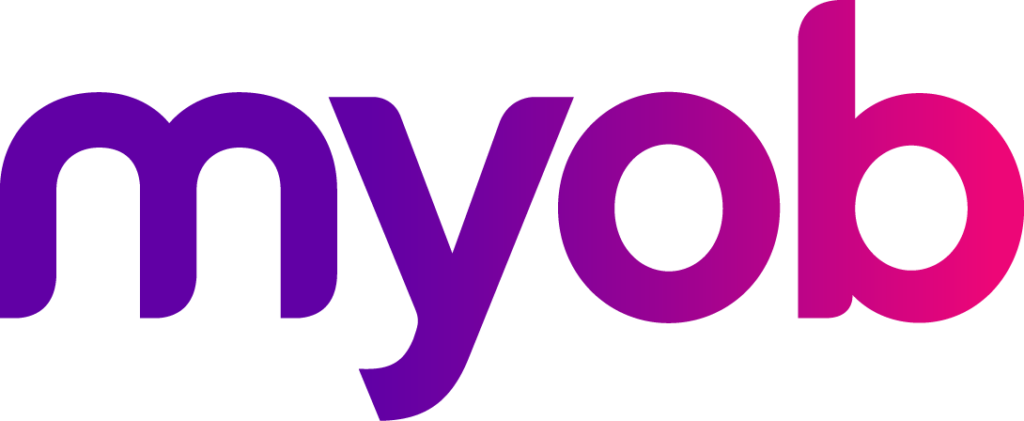New legislation announced and currently before Parliament, if enacted, will make zero or low emission vehicles Fringe Benefits Tax (FBT) – free.
Why is the Government doing this and how can you access the concessions?
Firstly, current Electric Vehicles (EV) represent just under 2% of the country’s national car sales — well behind New Zealand at 10% — with a high price point and scant charging stations proving prohibitive for prospective customers. And the Government wants to encourage more EV’s.
By making EVs FBT-free this is just the first step in the Government’s plan to make zero and low emission vehicles the car of choice for Australians, focusing on affordability and overcoming “range anxiety” by:
- Cutting import tariffs.
- Placing EV fast chargers once every 150 kilometres on the nation’s highways.
- Creating a national Hydrogen Highways refuelling network, to deliver stations on Australia’s busiest freight routes.
- Commitment to convert 75% of the Commonwealth vehicle fleet to no-emissions.
How will the EV FBT exemption work?
The proposed FBT exemption is intended to apply to cars provided by an employer to an employee under the following conditions:
| Low and zero emission cars | • Battery electric vehicles; • Hydrogen fuel cell electric vehicles; and • Plug-in hybrid electric vehicles. Be careful here because this doesn’t include all hybrid vehicles. To qualify the car needs to be ‘plug-in’. A car that has an internal combustion engine will not meet requirements unless it is able to be fuelled by a battery that can be recharged by an off-vehicle power source. |
| The car was first held and used on or after 1 July 2022 | Where the car is first held and used on or after 1 July 2022. Provided the conditions of the exemption are met, an electric car that was ordered prior to 1 July 2022, but was not delivered until after 1 July 2022 would be eligible for the exemption (even if an employer acquired legal title to the car before 1 July 2022). However, a car delivered to you prior to 1 July 2022 would not qualify.A second-hand electric car may qualify for the exemption, provided that the car was first purchased new on or after 1 July 2022. |
| Value below luxury car tax threshold for fuel efficient vehicles | The value of the car at the first retail sale must be below the luxury car tax threshold ($84,916 in 2022-23) for fuel efficient vehicles. The luxury car tax threshold generally includes GST and customs duty but excludes other items such as service plans, extended warranties, stamp duty and registration. |
If an electric car qualifies for the FBT exemption, then associated benefits relating to running the car, for the period the car fringe benefit is provided, are also exempt from FBT.
For an EV valued at about $50,000, Government modelling suggests that if is provided by an employer through this arrangement, the FBT exemption would save the employer up to $9,000 a year.
While the measure provides an exemption from FBT, the value of that fringe benefit is still taken into account in determining the employees reportable fringe benefits amount. That is, the value of the benefit is reported on the employee’s income statement. While income tax is not paid on this amount, it is used to determine the employee’s adjusted taxable income for a range of areas such as the Medicare levy surcharge, private health insurance rebate and Government payments.
Can I salary sacrifice an electric car?
Assuming your employer agrees, and the car meets the criteria, salary packaging is an option. For a salary sacrifice arrangement to be effective for tax purposes, it needs to be agreed, documented, and in place prior to the employee earning the income that they are sacrificing.
Government modelling suggests that for individuals using a salary sacrifice arrangement to pay for a $50,000 electric vehicle, the saving would be up to $4,700 a year.
Who cannot access the FBT exemption
Your business structure makes a difference, by its nature the FBT exemption only applies where an employer provides a car to an employee. Partners of a partnership and sole traders will not be able to access the benefits of the exemption as they are not employees of the business. When it comes to beneficiaries of a trust and shareholders of a company it will be important to determine whether the benefit will be provided to them in their capacity as an employee of the entity.
The EV FBT Exemption is limited to cars
As the FBT exemption only relates to cars, other vehicles like vans are excluded. Cars are defined as motor vehicles (including four-wheel drives) designed to carry a load less than one tonne and fewer than nine passengers.
Additional EV State and Territory Tax Concessions
The Federal Government is not alone in using concessions to encourage electric vehicle ownership.
In Western Australia a $3,500 rebate on the purchase of a new zero emission, hydrogen fuel cell or battery light vehicle with a value of up to $70,000 purchased on or after 10 May 2022 is available.
Other states offer concessions similar to WA.
If you would like to find out more about FBT-free Electric Cars, then please contact your relationship manager at Accura Accounting & Advisory.


